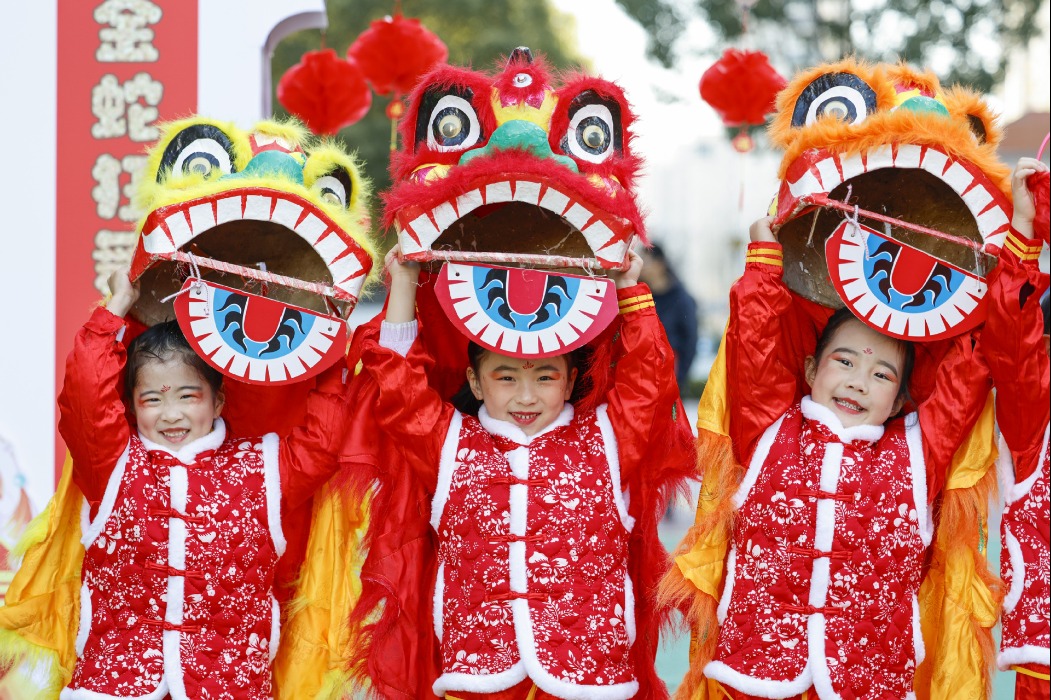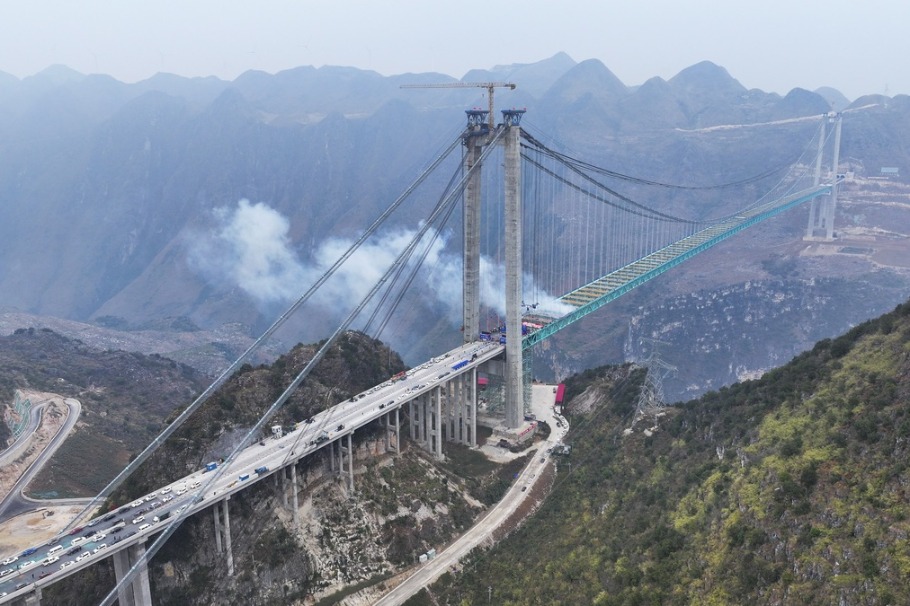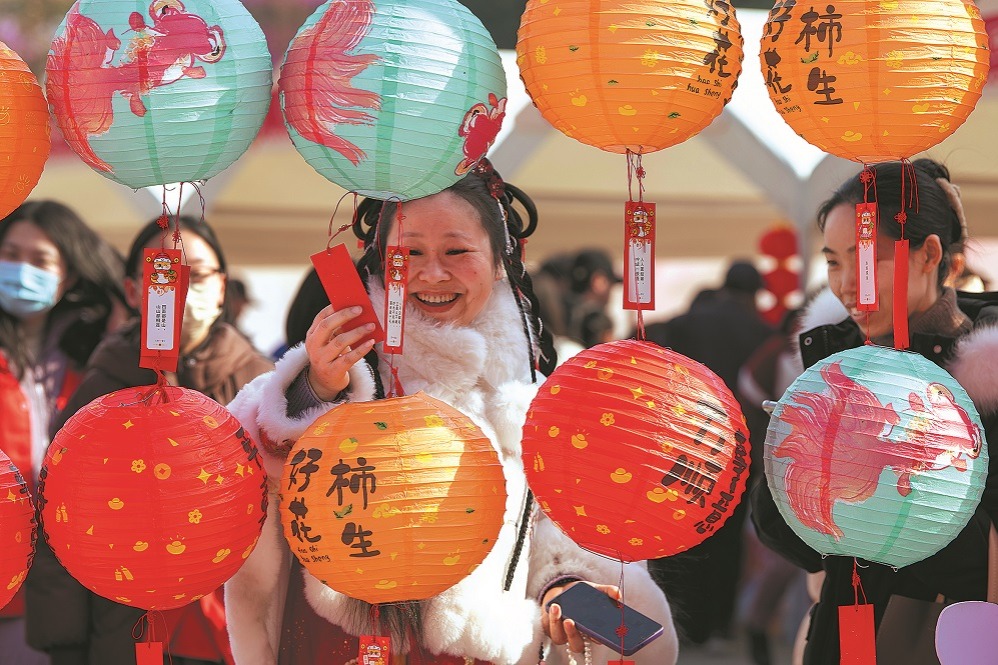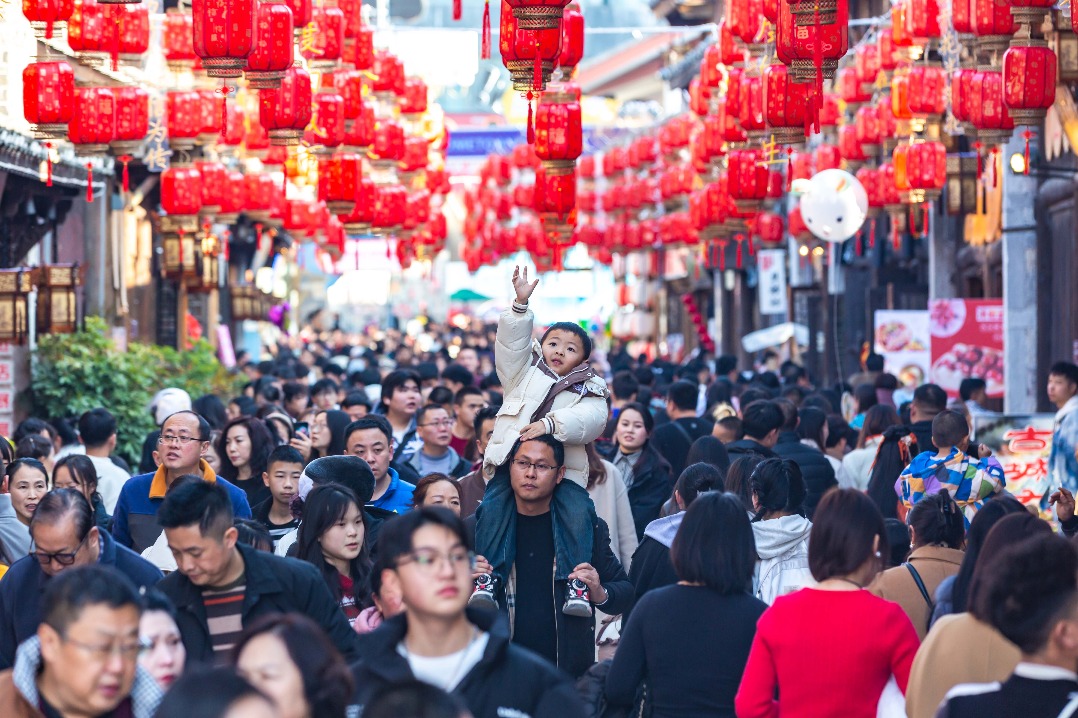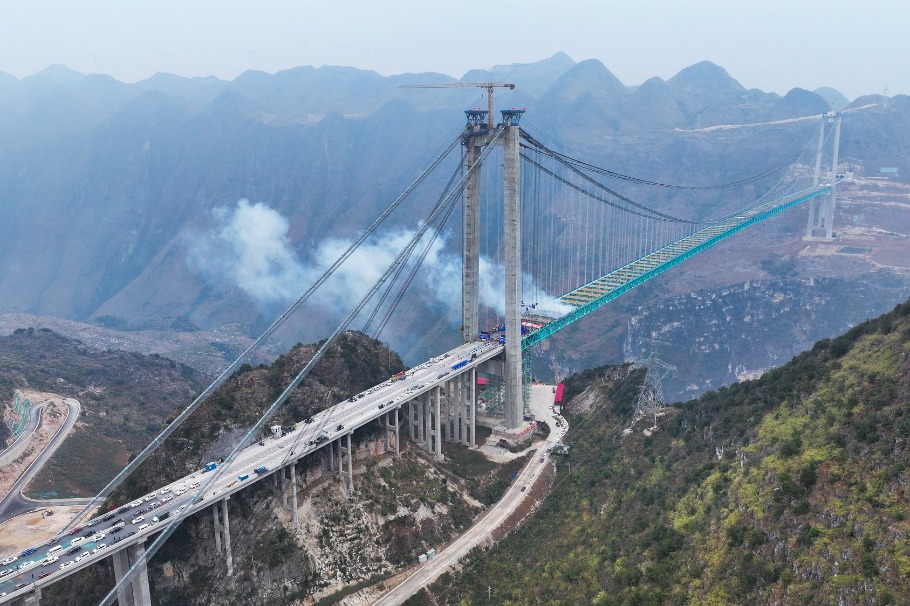Xi Jinping leads China on new journey

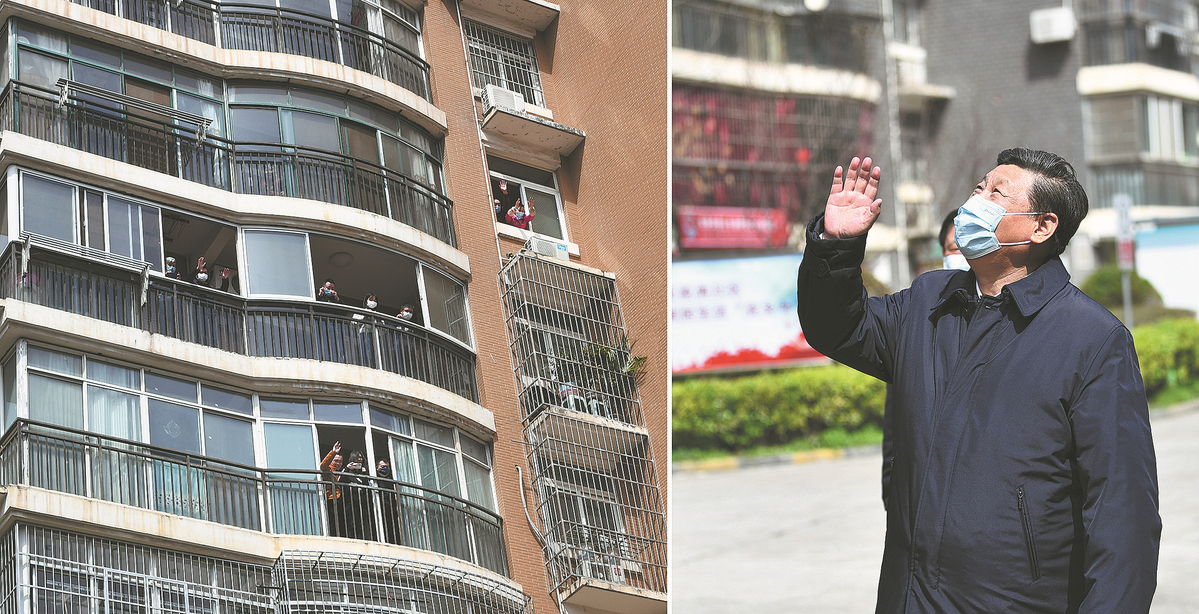
Xi has likened China's COVID-19 fight to a war. Under his leadership, China has led the world in getting COVID-19 under control and restarting work and production. After the severe outbreak in Wuhan and Hubei was brought under control, Xi has led China in implementing a dynamic zero-COVID policy, maintaining the country's COVID-19 infection and fatality rates at a very low level.
Given its huge population, if China adopted such prevention and control policies as herd immunity or a hands-off approach, the consequences would be unimaginable, Xi said.
"We would rather suffer temporary losses in economic development than harm people's lives and health, particularly the elderly and children. Judged from the effects in all aspects, our COVID-19 response measures are the most economical and effective," he said.
Handling China-U.S. relations was one of Xi's priorities in the past decade. When the United States initiated a trade war against China, he devised the strategy that China does not want a trade war but is not afraid of one and will fight one if necessary.
In his meetings with former U.S. President Donald Trump and incumbent U.S. President Joe Biden, Xi said that China and the United States should not fall into a so-called trap of conflict and confrontation, and cooperation is the best option; and that the two countries should respect each other, coexist in peace, and pursue win-win cooperation. He also urged the U.S. side to respect China's core interests and act prudently.
Faced with external suppression, China must, Xi said, "stay committed to running its own affairs well." Under his leadership, China has steadily promoted reform and opening up, taken reciprocal countermeasures, and promoted multilateralism and economic globalization on the international stage.
During a visit to Italy in 2019, asked about how he felt about being Chinese president, Xi told Roberto Fico, then the president of the Italian Chamber of Deputies, that governing such a huge country requires a strong sense of responsibility and hard work.
"I am willing to be selfless and devote myself to China's development," Xi said. "I will not let the people down."
A tough man in the face of challenges and crises, Xi also has a tender side. He wrote letters replying to American people, including young students. He hoped that the students would become young ambassadors for the friendship between the Chinese and American peoples.
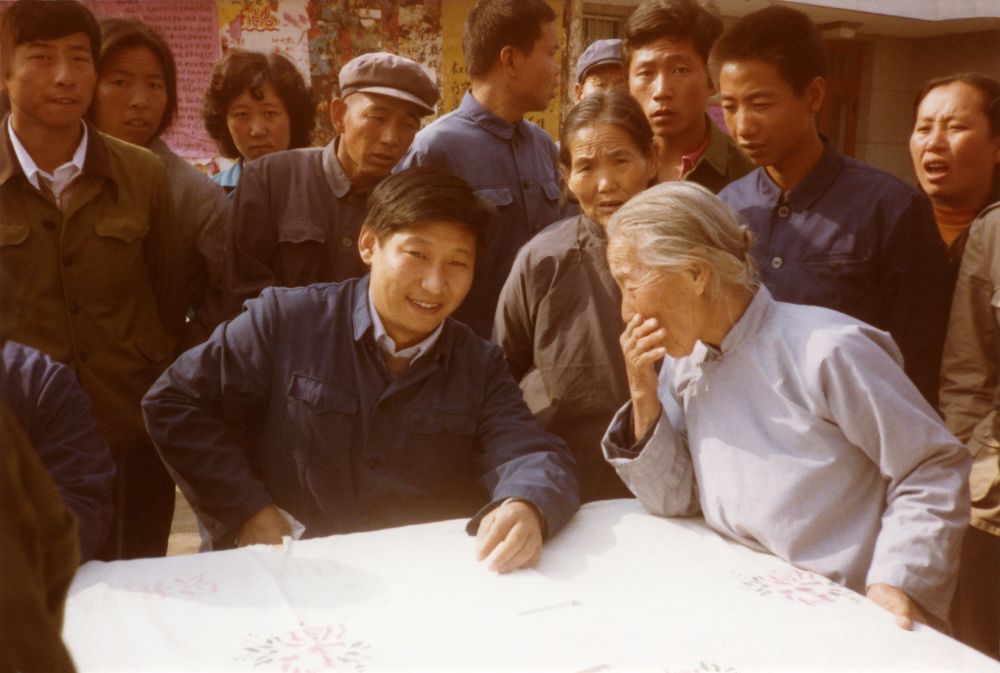
Xi is open to diverse opinions and even criticism. During his tenure as a county Party chief, he received a letter from a young man who criticized the county's work in boosting the production of commercial goods. Without being offended by the criticism, Xi acknowledged the young man's talent and decided to send people to interview him for a potential job. As the Party's top official, Xi also stressed that criticism and objections are allowed in intra-Party discussions and the decision-making process.
He likes making friends with intellectuals, writers and artists. When he was a county official in Hebei, he enjoyed many inspirational discussions with the writer Jia Dashan. Sometimes, the two would meet in Xi's office and talk well into the night, only to find themselves locked in the compound. He has described intellectuals as "precious assets of the country," exchanged letters with professors and artists, and interacted with intellectuals during visits to universities.
Xi is an avid sports fan. He enjoys football, ice hockey, boxing and swimming, often taking time out of his busy schedule to swim. He uses sports to learn how to deal with challenges. "What makes sports competitions fascinating, especially football matches, is their unpredictability," Xi said. Just as athletes focus on cooperation during great football matches, we should focus more on cooperation than on individual skill, Xi once told cadres who were in charge of economic work.














